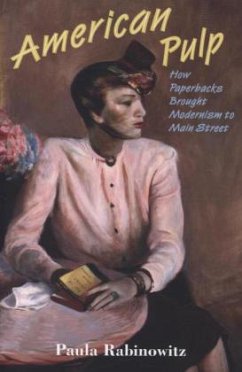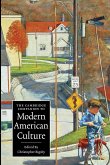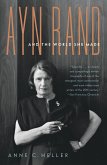American Pulp tells the story of the midcentury golden age of pulp paperbacks and how it brought modernism to Main Street, democratized literature and ideas, spurred social mobility, and helped fashion new identities by introducing readers to books by and about gays and lesbians, African Americans, and other marginalized groups. Drawing on extensive original research, Paula Rabinowitz unearths the far-reaching political, social, and aesthetic impact of the pulps between the late 1930s and early 1960s. Examining their often-lurid packaging as well as their content, American Pulp is richly illustrated with reproductions of dozens of pulp covers, many in color.
"American Pulp is a masterful achievement--elegantly written, impressive in scope, keenly attentive to nuance, and essayistic in the best sense of the word. Deftly interweaving published reminiscences, archival material, and personal memories and anecdotes, Rabinowitz provides a cultural history of how the pulps helped fashion new identities in midcentury America. She also chronicles an American love affair with books, reminding us that they are an essential part of cultural experience."--Priscilla Wald, Duke University








